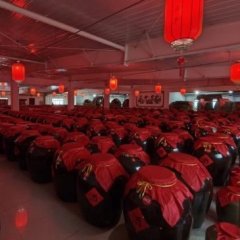
I was so glad to finally finish this book last night. I started working on the book some months ago and made slow progress, as I was only doing around two pages a day. My pace wasn't so much about lack of motivation, just that I was working other resources at the same time, rather than focusing on only one. When CNY hit and I had some days off, I vowed to finally do the book as it was designed , which is 1 unit a day. I still had 12 units to go at that point. I did my best, but each unit ended up requiting 4 hours and it took me a month to to get through those 12 units. Most days I put in 2 hours on it, there were days I did 4 hours and I skipped a few days altogether. It was an absolutely exhausting activity:
1) Read the word 汉子 and English (once in a while the pinyin if I needed to doublecheck)
2) Read the English sentence and work out how I'd translate it into Chinese
3) Read their sentence in 汉子,compare to mine
4) Read their sentence few more times (and maybe the English again)
5) Say their sentence without looking until I could do it correctly and fluently - sometimes aloud, sometimes silently
6) On to the next word or sentence, each word had 1-3 sentences
*There are also some exercises and mini-tests and supplementary info, which I also did/read.
**100% of this was review for me, none of the words or structures in the book were "new" to me, other than around 150 incidental new words(non hsk or hsk 6+) that I added to my srs
Sometimes it's hard to know if something is effective or not. I do feel like I was nailing a lot of sentence translations and if not, I was getting the most important parts right. It really forced me to think about the sentences structures and compare them to the English way of saying things. I feel like lately I'm spitting out better and and better sentences. Is that from this, or one of my other resources, or watching TV in Chinese, or my mother in law staying with us over the holiday, or a combination of it all? Who knows.
I'm going to take a break from Hsk for the time being and work on some other things that are Hsk 5-ish, but not actual Hsk materials.
- Read more...
- 0 comments
- 963 views











